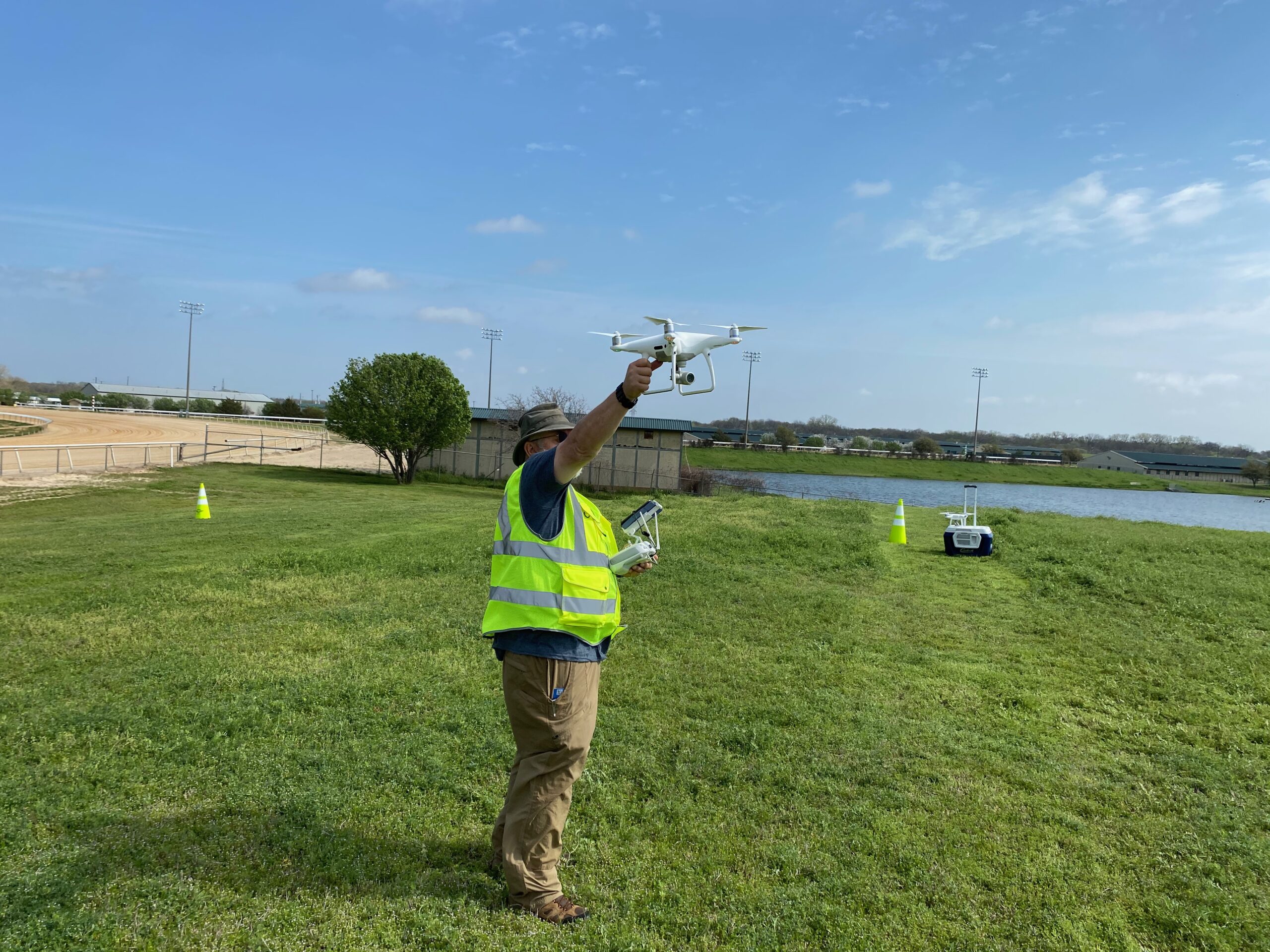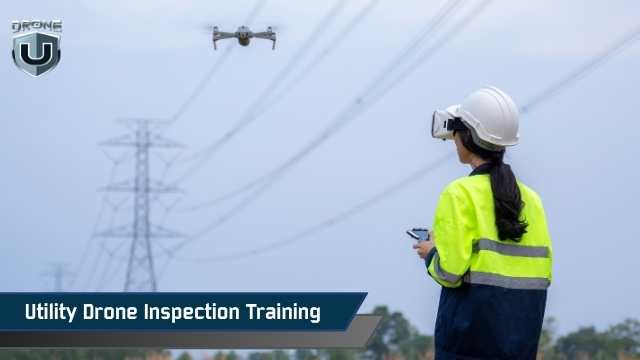Are you planning on trading in your traditional job for a life in drones? Are you having second thoughts since you are strapped for funds? If so, we have some great news for you. You CAN build a successful drone business on a shoestring budget. Here are some hacks to help you kick start your drone business with only a little money.
Set Your Paperwork in Order
The first step towards becoming a drone pilot is a no-brainer really: clear your 107. With a close to 90% pass rate, it is likely that you will clear this exam on your first attempt. You can avail all necessary information about clearing Part 107 from this FAA link. You will also need to complete the FAA Form 8710-13. The Part 107 fee is an affordable $150.
Next, it is advisable to form a Limited Liability Company (LLC) under which you can operate your drone business. Having a separate, defined corporate identity lets you keep your personal assets and liabilities separate from your corporate assets and liabilities. If you have a financial background, you can certainly consider doing the LLC paperwork yourself. If not, filing for your LLC paperwork via options like LegalZoom will set you back by $150.
As a final step, you will have to set up an account with a suitable payment processor. Square is emerging as the popular choice due to a wide range of service offerings and excellent hardware compatibility. Registration is free and transaction charges are quite competitive.
Build Your Drone Skillset
Take advantage of a resource like Drone U to learn about the different aspects of the drone business. At $47 per month, you get a treasure trove of information. By becoming a Drone U member, you can learn about rules and regulations, overcome operational challenges and learn about the drone business in general from various industry experts. This content will help you provide value added services that will set you apart in a competitive marketplace.
Start with Low-Cost Drone Equipment
Folks venturing into the drone business often have the misconception that they cannot build a sustainable business if they settle for anything less than the Inspire 1. However, instead of forking out two grand for the Inspire 1, consider the more affordable Phantom 4 Pro instead. The Phantom 4 Pro permits shooting in 4k at 60 fps. The improved image sensor along with a respectable wind handling capability lends further credence to our argument.
Sure, the P4P camera cannot record in a 360 degree radius like the Inspire 1. However, you can strengthen your flying skills by shooting with the Phantom 4 Pro. Some of the most successful businesses are built by those who started off with a smaller drone, and then graduated to a more expensive, bigger drone. Instead of purchasing an expensive camera like the Sony A6300, you can invest in a Z1 and an Osmo for greater flexibility.
Invest in Drone Insurance
On Sep 12, 2015, a 24 year old man lost control of his Inspire 1. He crashed into a street in Pasadena, California and bruised an 11 month old being pushed in a stroller. This incident and countless others highlight the importance of availing drone insurance.
Liability insurance is the primary form of insurance. It covers potential bodily damage and property damage caused by the drone.
Hull insurance covers damage to your drone. If the damage is minimal, your provider will pay for the repairs. If damage is extensive, you can possibly claim replacement value. Payload insurance covers expensive equipment attached to your drone. Ground equipment insurance covers additional equipment such as laptops, remote controllers and sensors.
Depending on your flying history, drone insurance for a bird such as Inspire 1 is likely to cost you between $600 and $1000 per year. You can also opt to pay for insurance by the hour. Verifly offers rates as low as $10/hr. In spite of such affordable rates, a 2016 survey conducted by Statista showed that only 19% of drone pilots owned any form of drone insurance.
Check out our Medium page for more such content
Do not forget to subscribe and Listen to Ask Drone U, the #1 drone podcast
Connect with a vibrant drone community by becoming a Drone U member






Add Your Comment